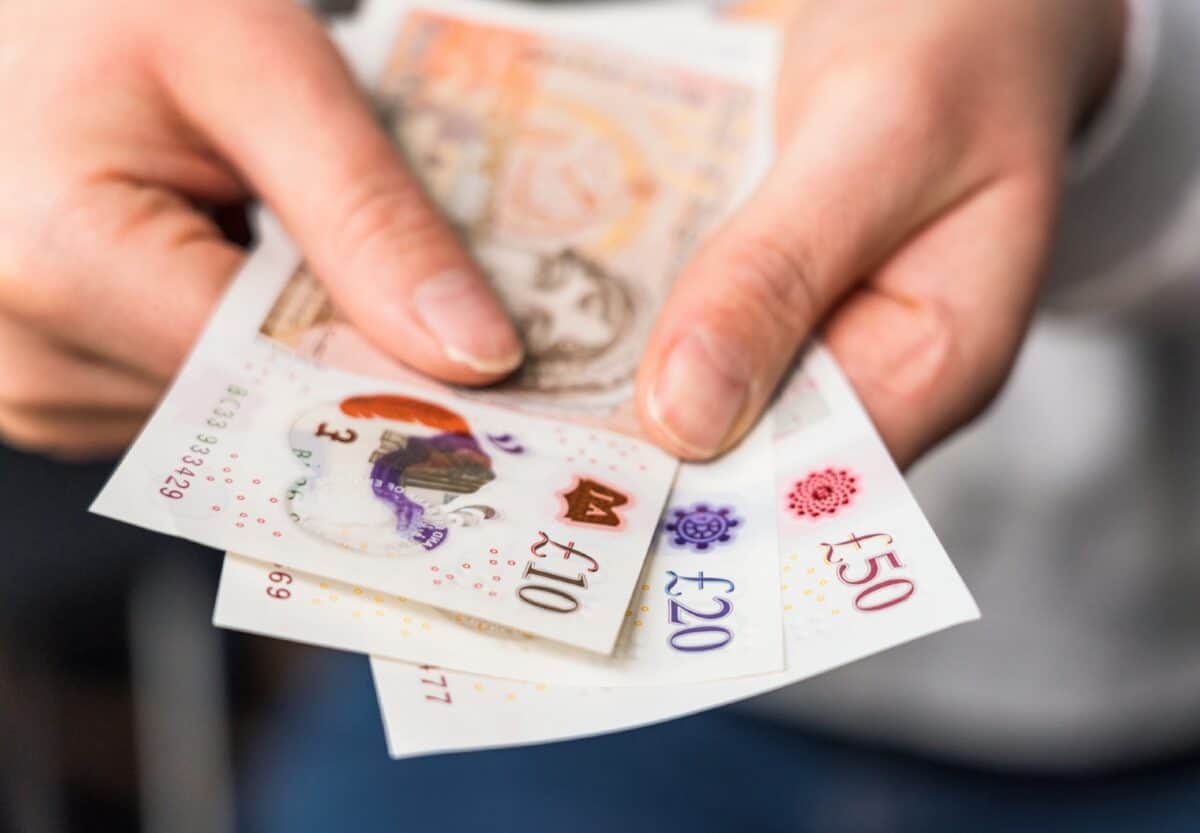Putting money into shares is one way to earn passive income that millions of people are using successfully.
I like the approach because it means that I can benefit from the hard work of thousands of employees in companies with proven business models.
Cutting my cloth
That can be a lucrative passive income idea and also tailored to one’s own financial circumstances.
Should you invest £1,000 in Taylor Wimpey right now?
When investing expert Mark Rogers has a stock tip, it can pay to listen. After all, the flagship Motley Fool Share Advisor newsletter he has run for nearly a decade has provided thousands of paying members with top stock recommendations from the UK and US markets. And right now, Mark thinks there are 6 standout stocks that investors should consider buying. Want to see if Taylor Wimpey made the list?
For example, if I has a spare £8,000, here is how I would use it to try and earn almost £6,000 in income annually over the long term (the same approach could work with much less money too, but my passive income would be proportionately smaller in that case).
Setting the right mindset
To start, I should explain a few important ideas I think it helps to bear in mind when taking this approach.
It is a long-term approach. This means that, if I am willing to wait for my passive income, I may get more of it each year down the line than if I started receiving it sooner.
Also, my approach is all about investing, not speculating. I am not trying to get rich by putting money into racy shares. Instead, my focus is setting up long-term, hopefully enduring passive income streams based on owning small stakes in blue-chip companies with proven cash generation potential.
How dividend shares can pay income
Many such companies (though by no means all) often produce more money in a year than they need.
It can be used in a number of ways, including paying dividends. So, although dividends are never guaranteed, some companies that often generate spare cash often use it to fund dividends.
As an example, consider Diageo (LSE: DGE). The London-listed firm is the force behind drinks from Guinness to Baileys. It has a stable of premium brands, a large customer base, and unique products that can let it charge premium prices.
It may come as little surprise, then, that Diageo is solidly profitable and regularly pays a dividend. Not only that, but it has increased its dividend annually for over three decades.
Can that continue?
There are risks for all shares. A sales slowdown in Latin America has eaten into Diageo’s revenues lately and a weak global economy could see that spread.
Overall, though, I expect Diageo to try and keep growing its dividend.
Doing the maths
But if I bought Diageo shares now, the yield would be 3%. That means that, for every £100 I put in, I ought to earn £3 of passive income annually.
I would aim to hit my target by owning a diversified range of higher-yielding shares, without sacrificing the quality of the businesses in which I invest. If I could aim for an 8% yield, for example, my £8,000 could hopefully earn me £640 in the coming year.
Even better, if I compounded (reinvested) the dividends, after 27 years I ought to be earning over £5,980 in passive income annually.
Getting started
If I did not want to wait that long, I could simply aim for a lower target.
Either way, my first move now would be to set up a share-dealing account or Stocks and Shares ISA.








